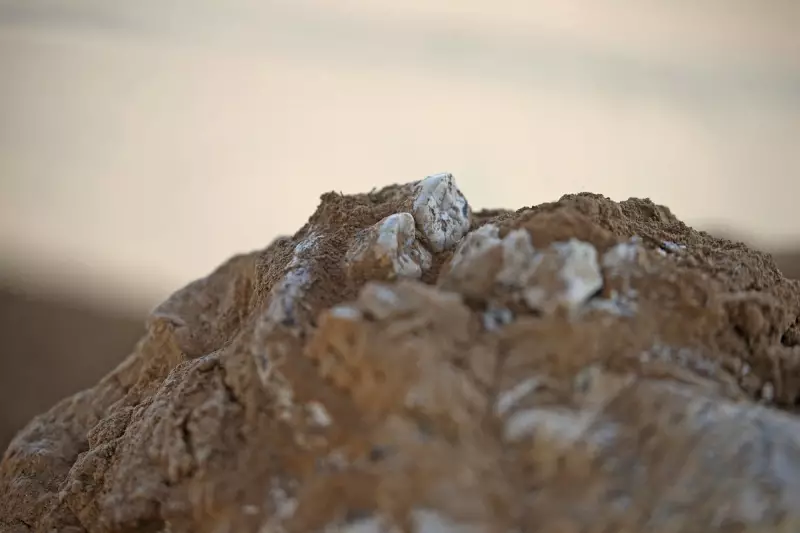
A remarkable archaeological find in the Caucasus is forcing scientists to reconsider the narrative of early human evolution and migration. The discovery of a 1.8 million-year-old hominin jawbone at Georgia's Dmanisi site provides compelling new evidence that our ancient ancestors left Africa far earlier than previously believed.
A Window into the Deep Past
The well-preserved jawbone, belonging to an elderly individual, was found alongside stone tools and animal bones with cut marks. This crucial detail suggests these early humans were not merely scavengers but skilled hunters capable of processing meat. The findings, published in the journal Nature, point to a sustained hominin presence in the region.
Challenging Established Timelines
This discovery significantly pushes back the timeline for human migration out of Africa. Professor David Lordkipanidze, leading the research, stated the findings indicate 'a much earlier, and much more gradual, spread of hominins across the Old World' than the established theory of a single, late migration around 1.5 million years ago.
The Significance of Dmanisi
The Dmanisi site continues to be a treasure trove for paleoanthropologists. This latest find adds to a collection of five skulls and various other skeletal remains already uncovered, making it one of the richest sources of information about early Homo species outside Africa. The evidence builds a picture of repeated waves of migration, painting a far more complex story of how our ancestors colonised Eurasia.





